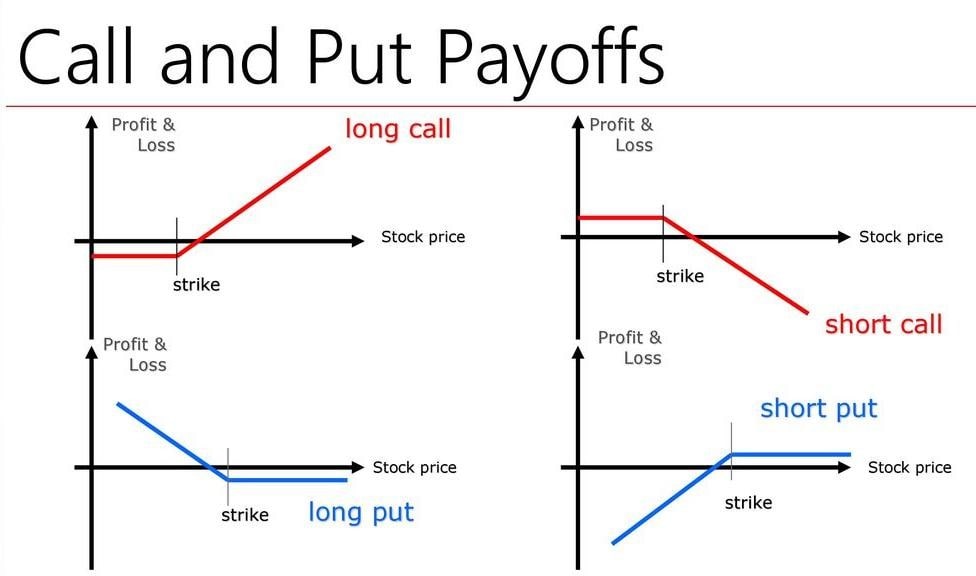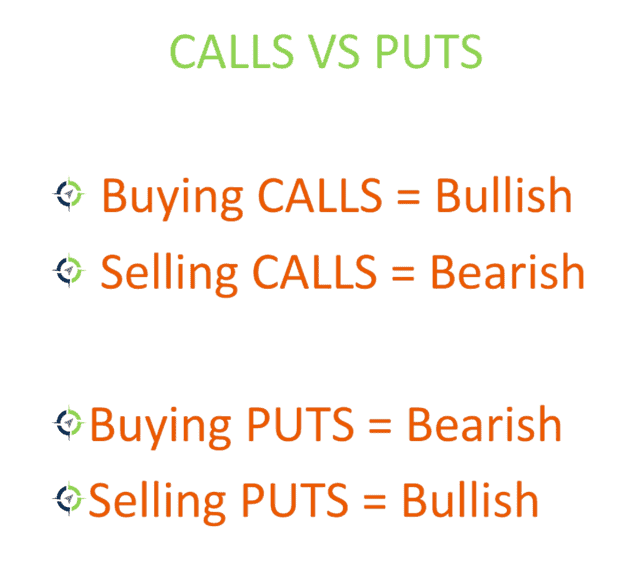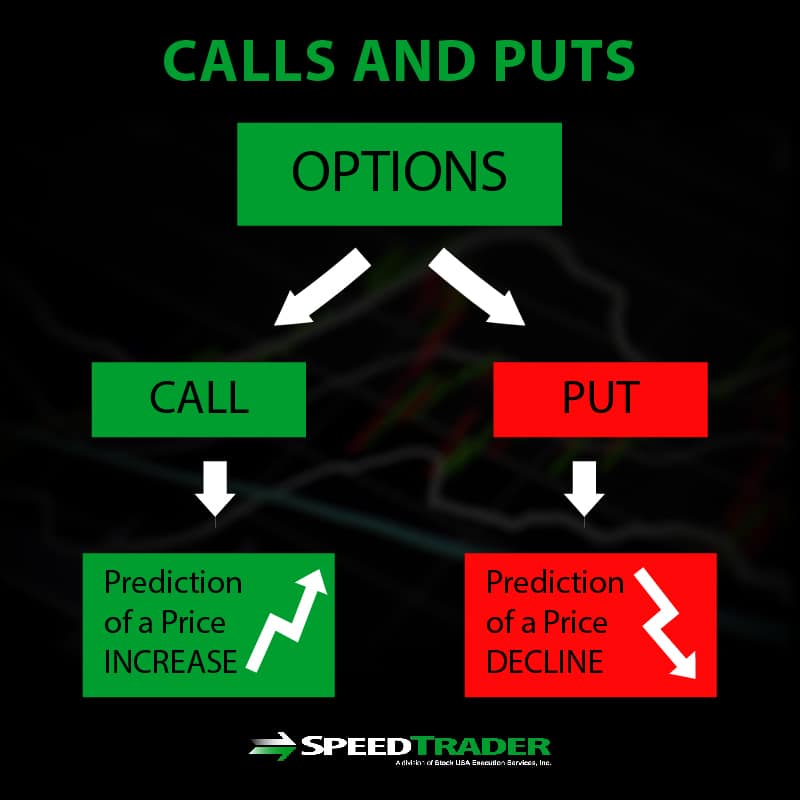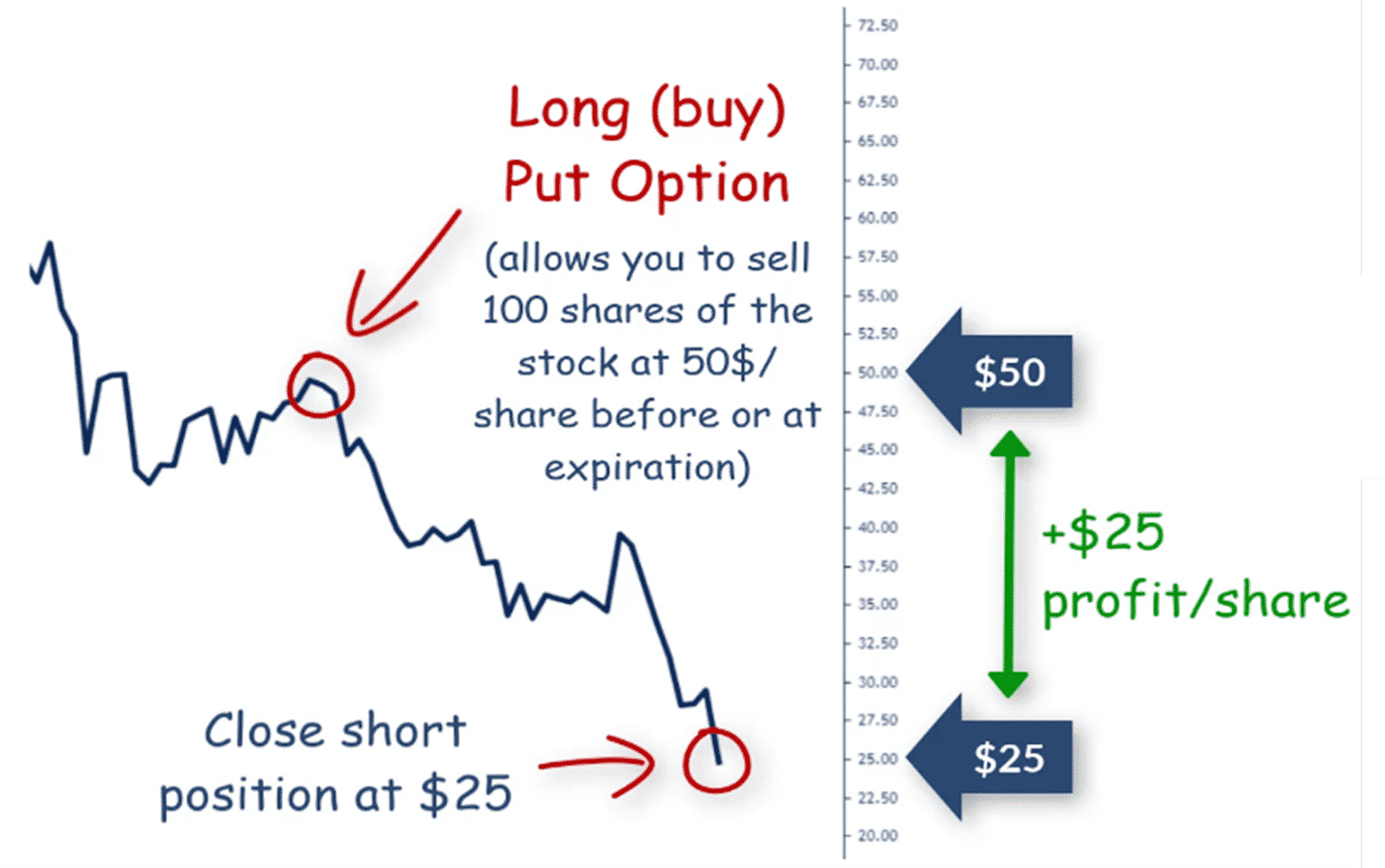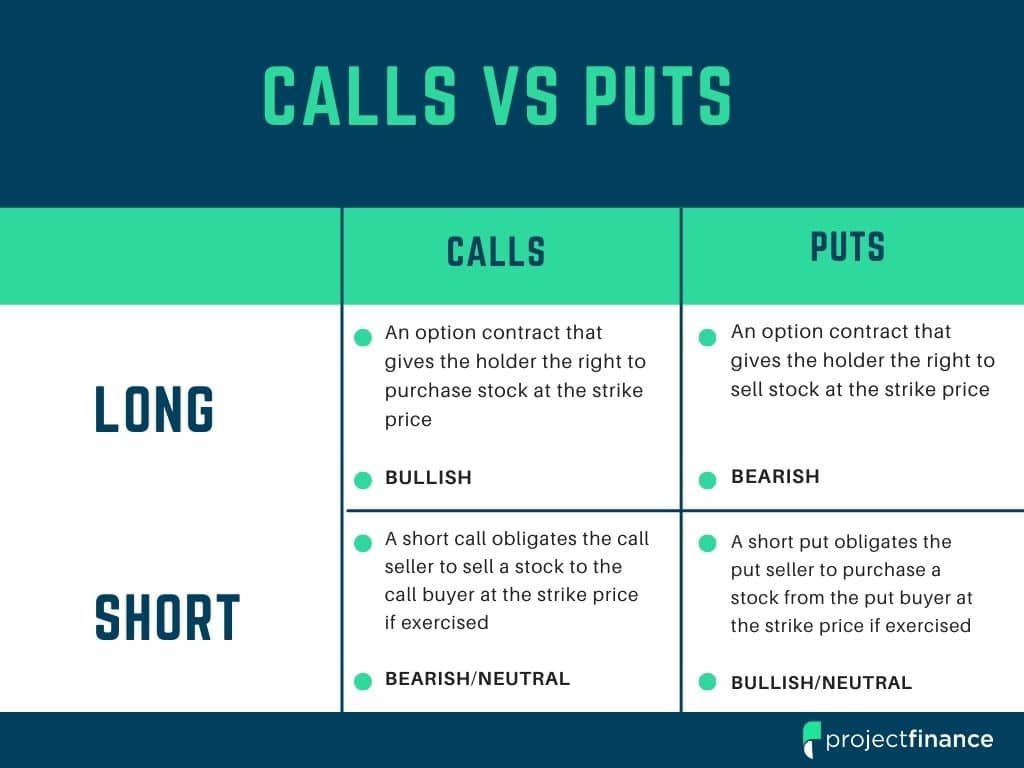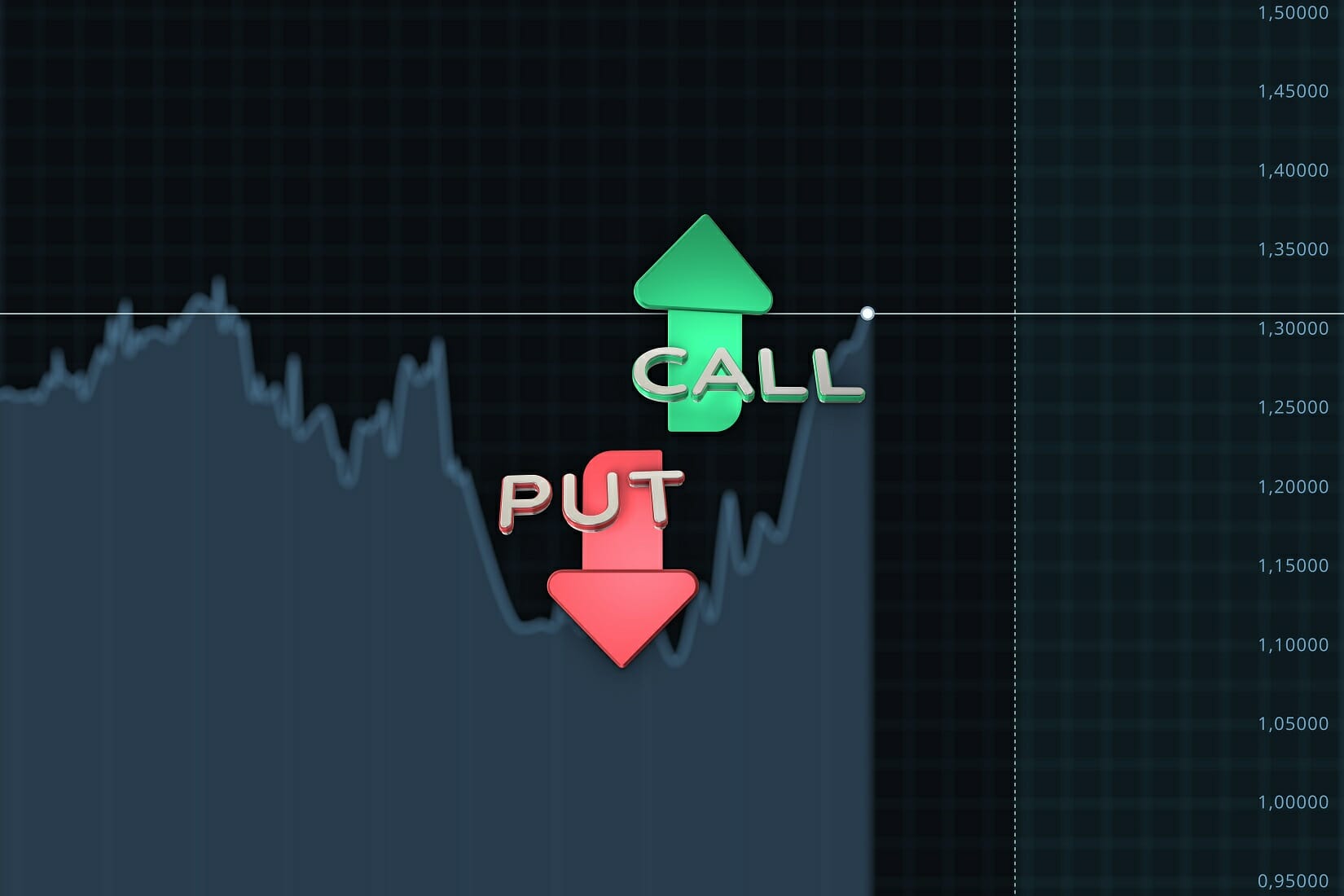Calls And Puts
Calls And Puts - Call options give the holder of the contract the right to purchase the underlying security, while put options give the holder the right to sell shares of the underlying security. Learn the differences between a put vs. The major difference between call and put options is that the former allows holders to call or purchase the underlying asset, while the latter lets the holder put or sell that asset. Here’s what you need to know about the difference between puts and calls. A call option is the right to buy a stock at a specific price by an expiration date, and a put option is the right to sell a stock at a specific price by an expiration date.
Call options give the holder of the contract the right to purchase the underlying security, while put options give the holder the right to sell shares of the underlying security. Learn the differences between a put vs. A call option is the right to buy a stock at a specific price by an expiration date, and a put option is the right to sell a stock at a specific price by an expiration date. The major difference between call and put options is that the former allows holders to call or purchase the underlying asset, while the latter lets the holder put or sell that asset. Here’s what you need to know about the difference between puts and calls.
A call option is the right to buy a stock at a specific price by an expiration date, and a put option is the right to sell a stock at a specific price by an expiration date. Here’s what you need to know about the difference between puts and calls. Learn the differences between a put vs. The major difference between call and put options is that the former allows holders to call or purchase the underlying asset, while the latter lets the holder put or sell that asset. Call options give the holder of the contract the right to purchase the underlying security, while put options give the holder the right to sell shares of the underlying security.
Opciones desmitificadoras una guía completa para comprender cómo
Learn the differences between a put vs. Call options give the holder of the contract the right to purchase the underlying security, while put options give the holder the right to sell shares of the underlying security. Here’s what you need to know about the difference between puts and calls. The major difference between call and put options is that.
What’s the Difference Between Calls and Puts? Navigation Trading
Call options give the holder of the contract the right to purchase the underlying security, while put options give the holder the right to sell shares of the underlying security. A call option is the right to buy a stock at a specific price by an expiration date, and a put option is the right to sell a stock at.
Option Basics Explained Calls And Puts Stock trading learning
The major difference between call and put options is that the former allows holders to call or purchase the underlying asset, while the latter lets the holder put or sell that asset. Learn the differences between a put vs. Call options give the holder of the contract the right to purchase the underlying security, while put options give the holder.
Options Trading An Introductory Guide for Traders
The major difference between call and put options is that the former allows holders to call or purchase the underlying asset, while the latter lets the holder put or sell that asset. A call option is the right to buy a stock at a specific price by an expiration date, and a put option is the right to sell a.
Stock Calls and Puts Explained
The major difference between call and put options is that the former allows holders to call or purchase the underlying asset, while the latter lets the holder put or sell that asset. Here’s what you need to know about the difference between puts and calls. A call option is the right to buy a stock at a specific price by.
Calls & Puts in Options Trading Explained
A call option is the right to buy a stock at a specific price by an expiration date, and a put option is the right to sell a stock at a specific price by an expiration date. Learn the differences between a put vs. Here’s what you need to know about the difference between puts and calls. Call options give.
Understanding Calls and Puts YouTube
A call option is the right to buy a stock at a specific price by an expiration date, and a put option is the right to sell a stock at a specific price by an expiration date. Here’s what you need to know about the difference between puts and calls. Call options give the holder of the contract the right.
Calls Options vs Puts Options 6 MAJOR Differences projectfinance
A call option is the right to buy a stock at a specific price by an expiration date, and a put option is the right to sell a stock at a specific price by an expiration date. Here’s what you need to know about the difference between puts and calls. Call options give the holder of the contract the right.
How To Buy Put Options Phaseisland17
A call option is the right to buy a stock at a specific price by an expiration date, and a put option is the right to sell a stock at a specific price by an expiration date. Learn the differences between a put vs. The major difference between call and put options is that the former allows holders to call.
Puts and Calls Are Two Types of This Investment
The major difference between call and put options is that the former allows holders to call or purchase the underlying asset, while the latter lets the holder put or sell that asset. Call options give the holder of the contract the right to purchase the underlying security, while put options give the holder the right to sell shares of the.
Learn The Differences Between A Put Vs.
The major difference between call and put options is that the former allows holders to call or purchase the underlying asset, while the latter lets the holder put or sell that asset. Here’s what you need to know about the difference between puts and calls. Call options give the holder of the contract the right to purchase the underlying security, while put options give the holder the right to sell shares of the underlying security. A call option is the right to buy a stock at a specific price by an expiration date, and a put option is the right to sell a stock at a specific price by an expiration date.
